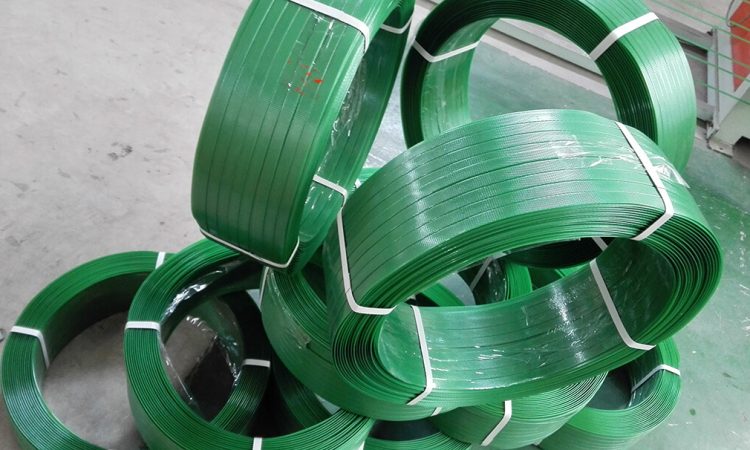
Securing loads for transportation is a critical aspect of logistics and shipping. Ensuring that products arrive at their destination intact is not only a matter of economic concern but also one of safety. Polyester strapping, a versatile and reliable material, has emerged as a preferred choice for load stability in various industries. In this article, we will explore the benefits of polyester strapping, highlighting its strength, flexibility, and suitability for securing loads effectively.
The Strength of Polyester Strapping
- Exceptional Tensile Strength: Polyester strapping is known for its remarkable tensile strength. It can withstand heavy loads and maintain its integrity even under significant pressure. This strength is vital for ensuring that goods remain secure during transit, reducing the risk of damage.
- Resistant to Stretching: Unlike some other strapping materials, polyester strapping has minimal stretching, which means that it won’t give in to the weight of the load over time. This characteristic is particularly important for maintaining load stability during long journeys.
- High Breaking Strength: Polyester strapping has a high breaking strength, which makes it a reliable choice for securing even the heaviest and most cumbersome loads. This reduces the risk of load shift or damage due to strap failure.
The Flexibility of Polyester Strapping
- Excellent Shock Absorption: Polyester strapping has a degree of flexibility that allows it to absorb shocks and vibrations during transportation. This is crucial for protecting delicate or fragile goods from excessive jostling or impact.
- Conforms to Irregular Shapes: Polyester strapping is pliable and can conform to the shape of the load, whether it’s a stack of boxes or irregularly shaped machinery. This adaptability ensures that the strapping maintains contact with the load’s surface, preventing slippage.
- Suitable for Manual and Automatic Applications: Polyester strapping is available in various forms, including hand-grade and machine-grade strapping. This versatility allows it to be used in both manual and automated strapping machines, making it suitable for a wide range of industries and applications.
Additional Benefits
- Resistance to Weathering: Polyester strapping is resistant to UV radiation, moisture, and temperature fluctuations. This resilience ensures that the strapping retains its strength and integrity throughout the supply chain, even in challenging weather conditions.
- Safety and Environmental Considerations: Unlike steel strapping, polyester strapping doesn’t have sharp edges that can cause injury during handling. Additionally, it is a safer option for the environment as it doesn’t corrode or rust, reducing the risk of contamination.
- Cost-Effective Solution: Polyester strapping is a cost-effective choice for load stability. Its durability and reusability make it an economical option over the long term, especially when compared to single-use materials like plastic stretch wrap.
Conclusion
Polyester strapping offers a winning combination of strength and flexibility, making it an excellent choice for ensuring load stability during transportation. Its exceptional tensile strength and minimal stretching properties ensure that even the heaviest and most irregularly shaped loads remain securely strapped. Additionally, its ability to absorb shocks and conform to load shapes enhances protection during transit. With resistance to weathering, safety benefits, and cost-effectiveness, polyester strapping is a versatile solution that contributes to the safe and efficient movement of goods in today’s logistics and shipping industries. Whether you’re shipping delicate products or heavy machinery, polyester strapping is a reliable and adaptable choice for load stability.




